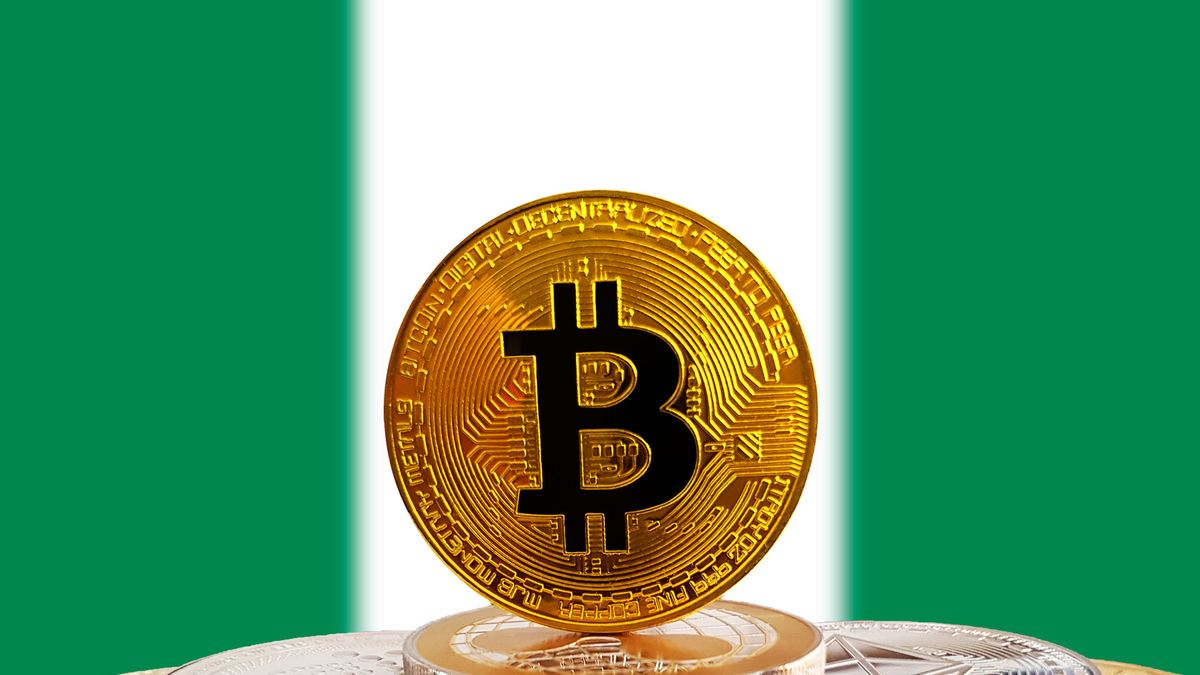JAKARTA – The Nigerian cryptocurrency adoption process continues to increase despite the government's crackdown. Even now, peer-to-peer (P2P) trading volume for Bitcoin is on record for the second strongest week of last month.
According to data from Google Trends, Nigeria still ranks number based on search interest for the keyword “Bitcoin” as of this writing. P2P Bitcoin trading in the Nigerian Naira currency will also continue to increase in 2021, with Nigeria ranking only behind the United States as the second largest market for peer-to-peer BTC trading, according to Useful Tulips.
The growing adoption of Bitcoin in Nigeria has helped Sub-Saharan Africa emerge as the leading region by P2P volume, where it posted weekly volume of $18.8 million and beat North America by $18 million last week.
The confluence of political and economic crises has driven local crypto adoption, including social oppression, currency controls, and rampant inflation.
Tensions in Nigeria have been rising since October, after massive public protests against police brutality and the "Sars" police unit that swept the country.
The government crackdown and economic repression of social organizations, which supported the demonstrators with food and medical aid, quickly had their bank accounts frozen by the government. Amid the violence, demonstrators are increasingly turning to cryptocurrencies to place their economic activities beyond the reach of governments.

Adewunmi Emoruwa, founder of Gatefield, a public policy organization whose accounts were suspended for providing grants to journalists covering demonstrations in Nigeria, also sees the huge benefits of crypto assets.
“I think EndSars is like a major catalyst for some of the decisions this government is making. It causes fear. They see, for example, that people can decide to bypass government structures and institutions to be mobilized," Emoruwa said, as quoted by The Guardian.
An anonymous source claiming to represent a social organization whose bank accounts were also targeted during the chaos, also told media that their group has been able to pay members salaries with crypto despite the financial embargo.
“We keep some securities in crypto, not too much but enough, a kind of insurance policy,” they said. "When the ban happened, we were fortunately able to pay salaries."
In February, the government banned licensed banks from processing cryptocurrency transactions in a bid to crack down on digital asset adoption. However, Nigeria's growing Bitcoin P2P volume suggests that the country's growing crypto user base has been largely driven underground in an effort to to access crypto assets from outside the government.
Marius Reitz, general manager of African crypto trading platform Luno, told The Guardian that the Nigerian ban only makes cryptocurrency trading harder to monitor.
"Much of trading activity has now been pushed underground, meaning many Nigerians now rely on less secure and less transparent over-the-counter channels, as well as Telegram and WhatsApp groups, where people trade directly with each other," Reitz said. .
The government's move to suppress crypto has also received internal criticism. Vice President Yemi Osinbajo publicly rebuked the ban in February.
Despite the country's hostility towards decentralized crypto assets, Nigeria is currently exploring the development of a central bank digital currency (CBDC).
In late July, Nigeria's central bank revealed plans to start a trial of the CBDC on October 1 this year.
The English, Chinese, Japanese, Arabic, and French versions are automatically generated by the AI. So there may still be inaccuracies in translating, please always see Indonesian as our main language. (system supported by DigitalSiber.id)













